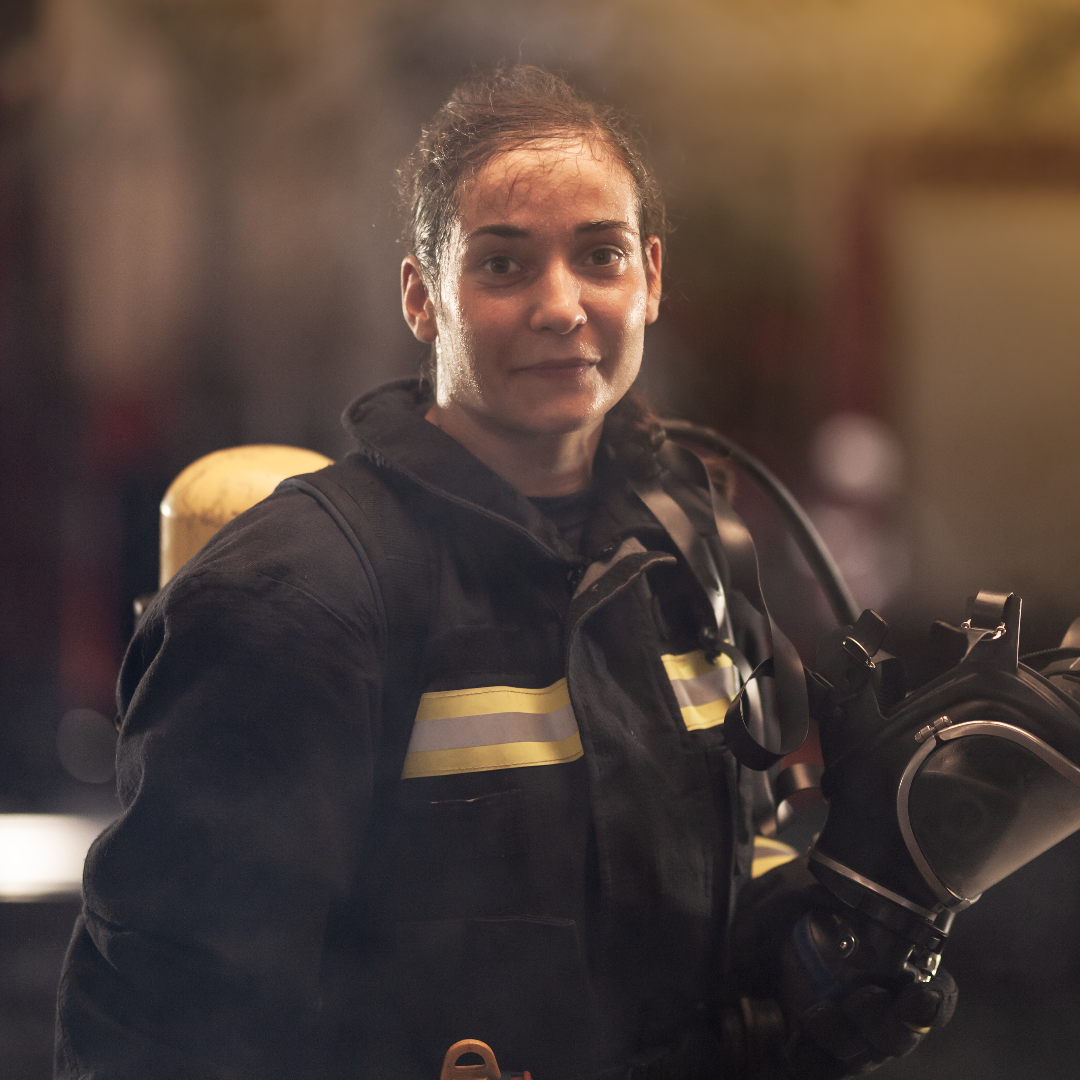Fire Fighting and Pancreatic Cancer
This year, an estimated 7,200 Canadians will be diagnosed with pancreatic cancer. We are still trying to understand the causes of this disease, though there are several risk factors that are known to us. One of these risk factors has become increasingly clear: due to the carcinogens they are exposed to, fire fighters are at risk of developing pancreatic cancer.
Mounting scientific evidence supports the relationship between fire fighting and pancreatic cancer, but it has yet to be recognized as an occupational risk in every province. Currently, eight – British Columbia, Alberta, Nova Scotia, Newfoundland and Labrador, Manitoba, Ontario, Saskatchewan and Yukon territory – have legislation in place that acknowledges pancreatic cancer as a presumptive risk for fire fighters. This legislation entitles fire fighters diagnosed with pancreatic cancer to special benefits, recognizing that the disease was developed as a result of their profession.
There is no greater risk to fire fighters in one province over another. Every fire fighter who develops pancreatic cancer in the line of duty deserves the full support of their province and entitlements that provide for them and their families. Pancreatic Cancer Canada has been working diligently alongside provincial fire fighter associations, the International Association of Fire Fighters, and the Canadian Association of Fire Chiefs, supporting advocacy efforts to have pancreatic listed as a presumptive cancer in every province and raising awareness among firefighters about their risk.
We encourage you to download our one-page resource on the connection between fire fighting and pancreatic cancer, and if you are a first responder, share it with your doctor so they can be vigilant about any symptoms you may experience.
We couldn’t help Leslie. But maybe by talking about what happened to Les, we can help others.
Quick Resources
Signs and Symptoms
The signs and symptoms of pancreatic cancer are usually vague, which makes it one of the most challenging diseases to catch in its early stages. If you experience one or more of these symptoms, speak to your doctor about diagnostic testing for pancreatic cancer.
- Persistent pain in the upper abdomen or back
- Jaundice
- Changes in stool colour
- Overall skin itch
- Late-onset diabetes
- Loss of appetite or unintended weight loss
- Fatigue
- Nausea and vomiting
- Diarrhea and constipation
Common Misdiagnoses
There is no rapid screening test for pancreatic cancer and symptoms can resemble other ailments, making it easily misdiagnosed at the first signs. Below are some of the common misdiagnoses for pancreatic cancer you should be aware of.
- Gallbladder disease or gallstones
- Irritable Bowel Syndrome (IBS)
- Peptic ulcer
- Diverticulitis
- Muscular pain
- Gastroesophageal reflux disease (heartburn and reflux)
What is a presumptive cancer?
A presumptive cancer is one that is presumed to develop as a result of environmental factors one is exposed to because of the nature of their job, unless there is sufficient evidence to the contrary. This relates to fire fighters because of the cancer-causing carcinogens they are exposed to in the line of duty.
Status of Pancreatic as a Presumptive Cancer Across Canada
The map on the right shows the status of legislation recognizing pancreatic as a presumptive cancer in each province.
-
Provinces that have added pancreatic as a presumptive cancer are shown in purple.
-
Provinces where there is legislation currently being considered are shown in yellow.
-
Provinces that do not acknowledge pancreatic as a presumptive cancer with no current legislation in progress are light grey.
Read articles announcing the expansion of presumptive cancers by clicking on each province.
Learn About Bill C-224
We are pleased to share that Bill C-224 has received Royal Assent by Canadian government,
enacting a national framework to not only prevent, but treat cancers linked to fire fighting.
Other Cancer Risks
In addition to pancreatic, growing evidence indicates that fire fighting has links to the following cancers. The cancers listed on the right are almost universally accepted as related to fire fighting exposures and workers compensation legislation in many jurisdictions reflects this. Listen to your body and be vigilant of any changes in your health.
- Colorectal
- Bladder
- Brain
- Kidney
- Leukemia
- Esophageal
- Lung cancer
- Testicular
- Multiple myeloma
- Ureter
- Breast
- Prostate
- Thyroid
- Skin
- Ovarian
- Cervical
- Penile
- Non-Hodgkin’s lymphoma

What Fire Fighters Can Do
- Always wear protective equipment properly and speak to station leadership about any concerns with your gear.
- Ensure your doctor knows about the risk factors associated with your profession and that pancreatic cancer is something that should be watched for. You can even share our downloadable resource with your doctor on your next visit.
- Stay vigilant of the signs and symptoms of pancreatic cancer and speak to your doctor if symptoms persist or feel unusual. A timely diagnosis is a patient’s greatest chance of survival.
Have you or a loved one been diagnosed with pancreatic cancer?
Our patient and family support service can help.
If you or a loved one are in need of short-term counselling or just want to talk to someone who understands what you’re going through, our patient and family support service is available to you – completely free of charge. Whether you are a patient, caregiver, loved one of someone with pancreatic cancer, or are bereaved by this disease, this service is accessible to you from the comfort of your home, no matter where you are in Canada.
Connect With Us
We are here to answer your questions, provide support, and encourage you to share your story. If you would like further information about this disease, our awareness and advocacy efforts, or to share about your experience, please contact us.

316-4211 Yonge Street
Toronto, ON M2P 2A9
Toll Free: 1-888-726-2269
info@pancreaticcancercanada.ca
Charitable Registration Number 84870 1967 RR0001
